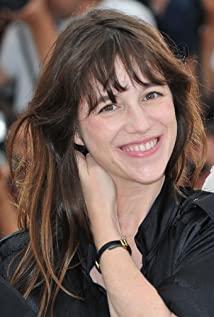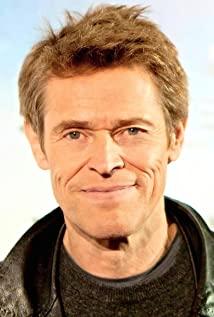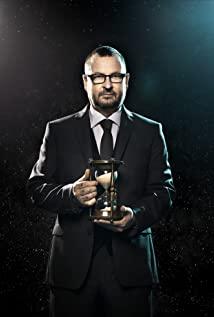Continue reading "Second Sex"
I suddenly wanted to understand what I had never understood about The Antichrist. I never understood Von Trier's attitude towards the heroine, whether he was on the side of the hero or the heroine. the position of the master.
Now I think he should be on the heroine's side.
I try to explain the film from a feminist perspective. First of all, the story is probably like this. The heroine had no problem at first, but in order to do research in the "witch" era, she developed a fear of herself, so she became a little nervous, which indirectly led to the death of her son. The death of her son became her mental breakdown. The fuse, there is a plot behind the husband taking his wife to the forest to try to treat her.
So, why does "Age of the Witch" make the heroine fear herself? The "Witch Age" probably started from the 15th century to the 18th century. Christianity killed a large number of rulers (ie the church, which can also be understood as men) in the name of "witches" and believed that they had some unknowable divine power or behavior. Women who behaved oddly, and often, women were put to death simply because they were women (there was also a book called The Hammer of the Witch in the early fifteenth century about what kind of person was a "witch"). Here, the female protagonist is trapped in a kind of "guilt theory" constructed by the patriarchal society, so she fears her gender and the punishment she will be punished because of her gender.
I think there are two ways to understand the following plot. The first is to try the heroine's behavior as a kind of resistance. It can be seen from the changes in several sexual behaviors, from being dominated by the male protagonist to being dominated by the female protagonist, and finally. The heroine zw. In the end, she attacked the male protagonist's yin j, which can be seen as a kind of hostility and disgust.
But according to the above understanding, there is no way to explain her behavior of cutting off her vagina in the end, which is still a manifestation of her disapproval of her gender identity. If it is understood, the female protagonist wants to escape her female identity by the constant insertion of male x-organs, not to generate a kind of recognition.
To sum up, it may be understood that the female protagonist is afraid of her female identity, so she constantly uses the male x-organ to escape her female identity, but at the same time, she also has a disgust for the male yin j, so she is in both. Fear of one's own gender and disgust for the other gender.
As for the ending, the heroine was killed by the hero, and then the hero walked down the mountain, and countless women flooded in again. Here I understand that patriarchy may have won again and again in history, but in the future, more and more women will come forward to resist patriarchy.
Besides the title, Christianity itself is a patriarchal religion, Jesus is a man, and the godfather who conveyed the Holy Will to Jesus is also a man. Although the Virgin Mary is a woman, the one who shines behind her is also a man (including many of its Doctrine is also based on patriarchal society). In this way, the title is also very feminist.
Then I said that the male protagonist is a psychiatrist, but a psychiatrist cannot treat family and friends. This is to avoid the emergence of double relationships, but the male protagonist is an extremely narcissistic person. He thinks that he can cure his wife. , her wife questioned him, and he ignored it. A typical male figure in a patriarchal society seems to love his wife, but in fact, he keeps the female lead under his control.
Also, what the male protagonist represents, psychoanalysis, the well-known representative Freud, Freud himself is also a patriarch, and his psychoanalysis often treats women as "his surname" .
There are also several animals that have the meaning of childbirth (whether dead or alive), which also aggravates the heroine's fear of her own destiny, and the fear of women bearing the fate of childbirth (killing children also corresponds to the heroine's fear of childbirth). the death of the son) (the death of the child, possibly also in revolt against this fate).
In this way, The Antichrist can be seen as an ode to women. Of course it also has a religious meaning, but I still don't know much about Christianity (and I'm not very interested), so I can't explain it
But I don't think Lars von Trier is a feminist. He seems to have been raped and has a bit of ncist tendencies, so I don't think this person is very good, but I think his films are ok
View more about Antichrist reviews










